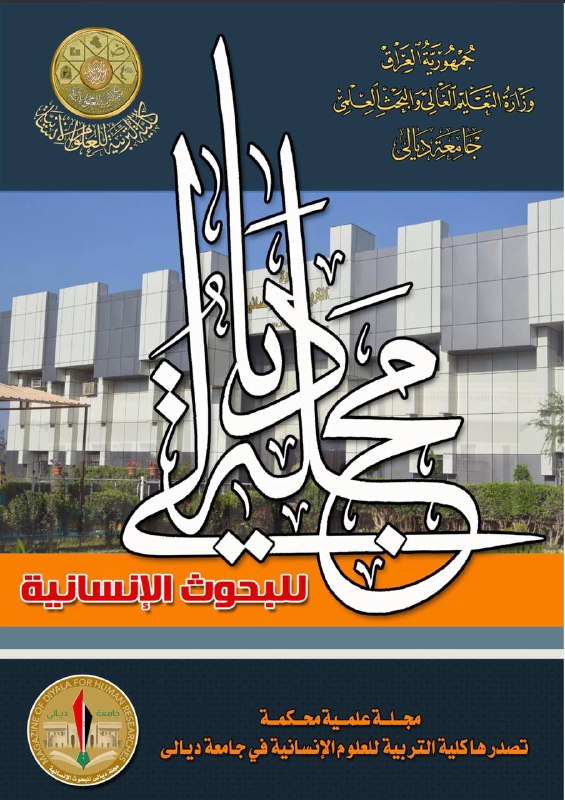Machiavellianism in Michael Dobbs’s House of Cards
محتوى المقالة الرئيسي
الملخص
Abstract
Machiavellianism is an egotistic human demeanor. Its essence is expediency, opportunism, and reaching specific goals by various means and tricks, regardless of its righteousness or appropriateness to the prevailing societal and ethical norms and traditions. The maxim of this conduct is the end justifies the means. As a term, Machiavellianism is associated with the name of the 16th-century Italian thinker Niccolò Machiavelli and his debatable treatise The Prince. This research tackles the theme of Machiavellianism in one of Michael Dobbs’s most celebrated novels, which is House of Cards (1989). House of Cards exemplifies a pragmatic appliance of Machiavelli’s doctrine. The author genuinely portrays the blind pursuit and thirst for power by politicians and offers the reader a character that represents the zenith of contemporary Machiavellianism
